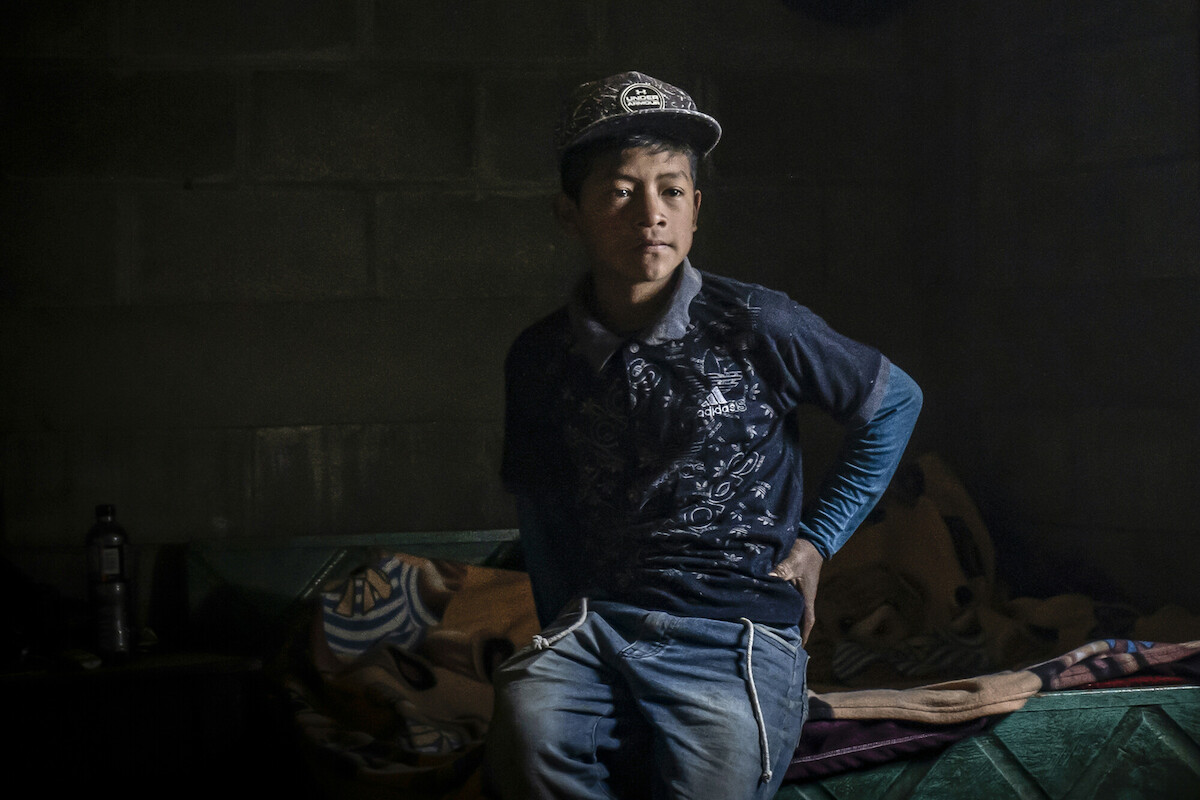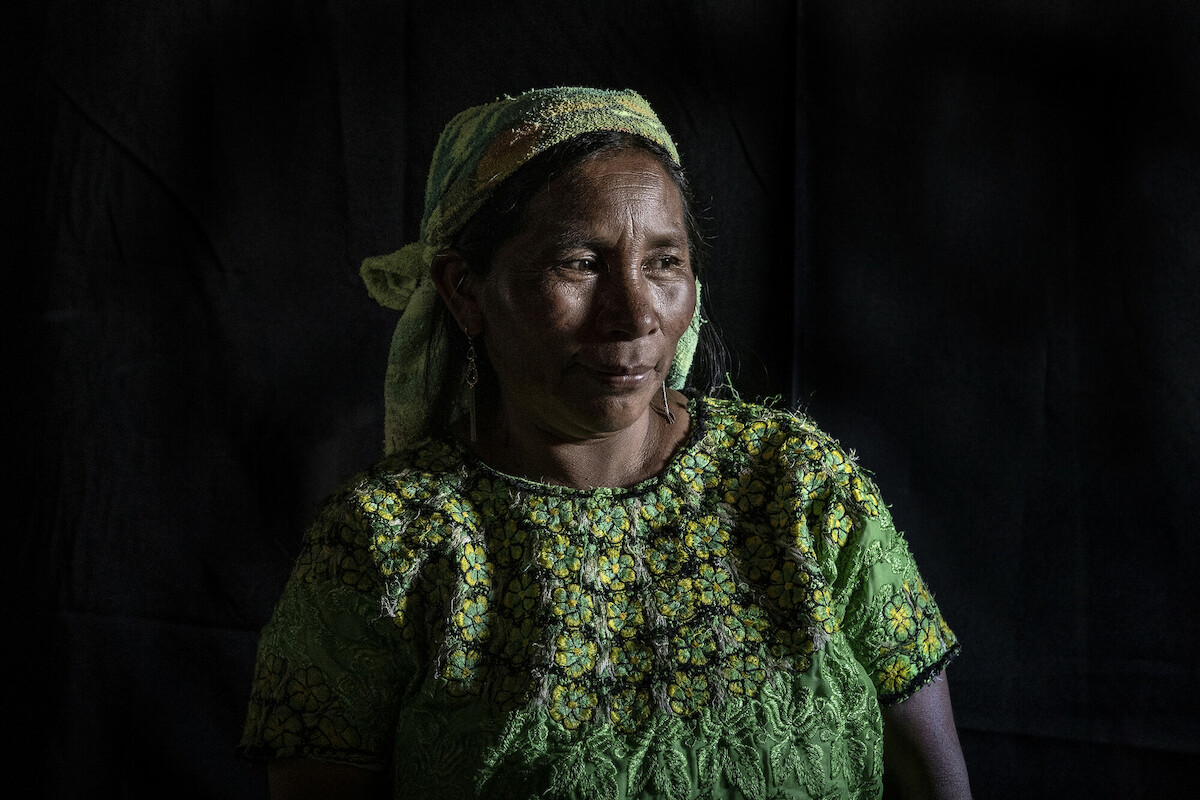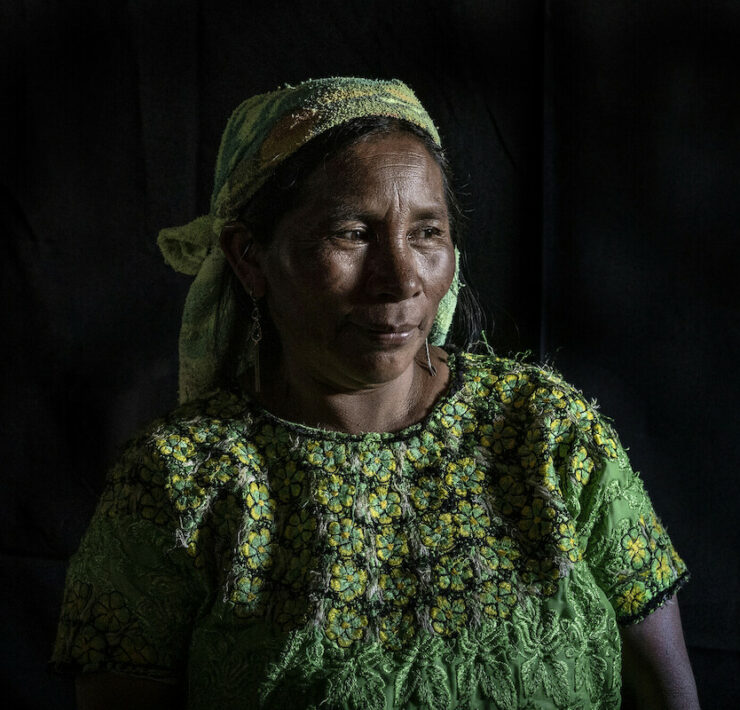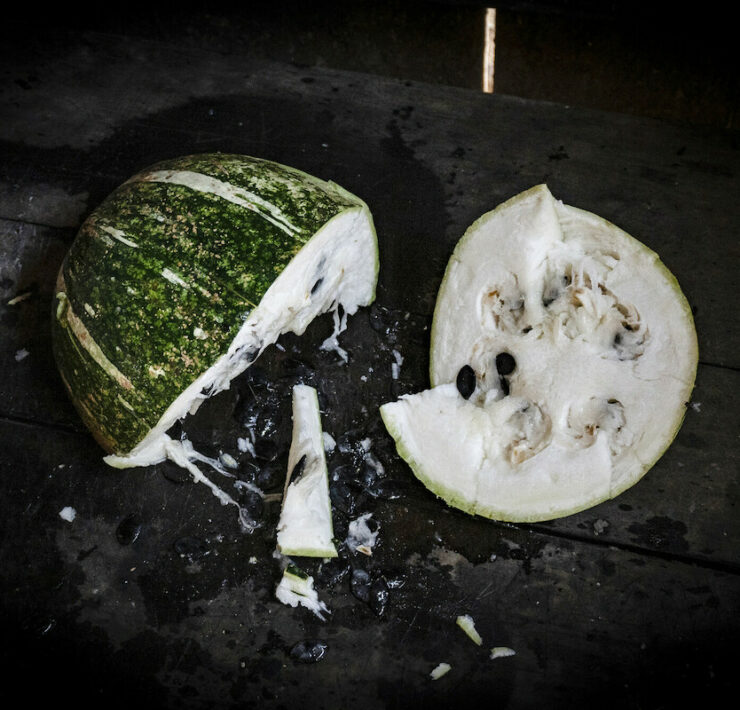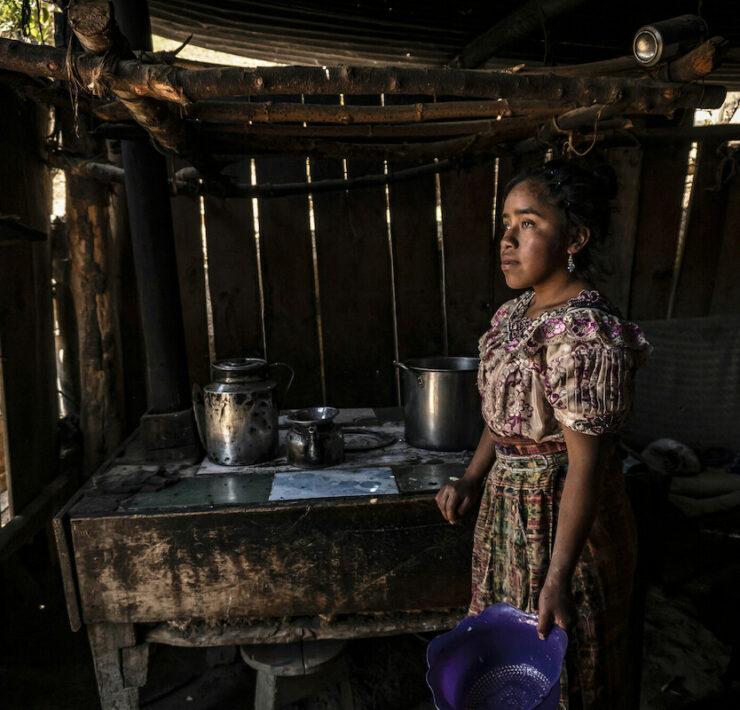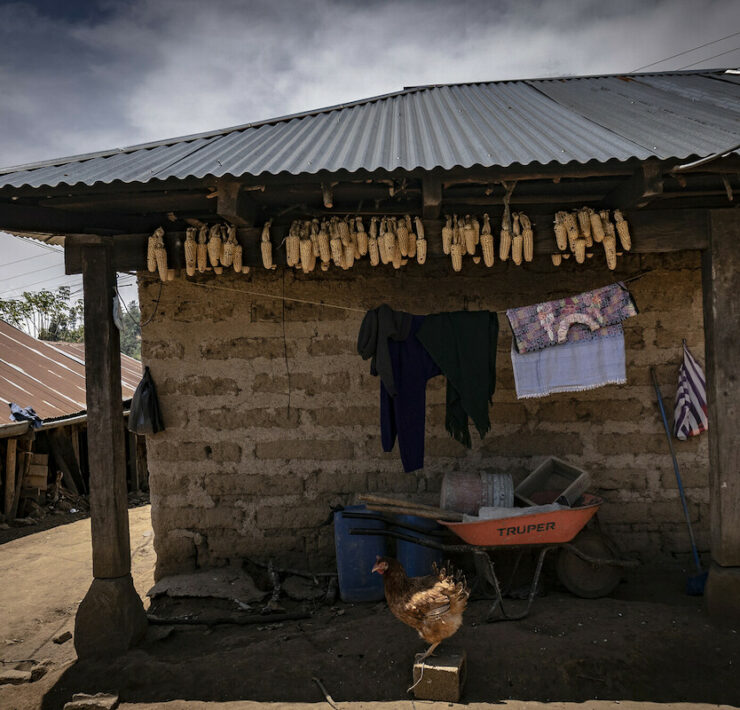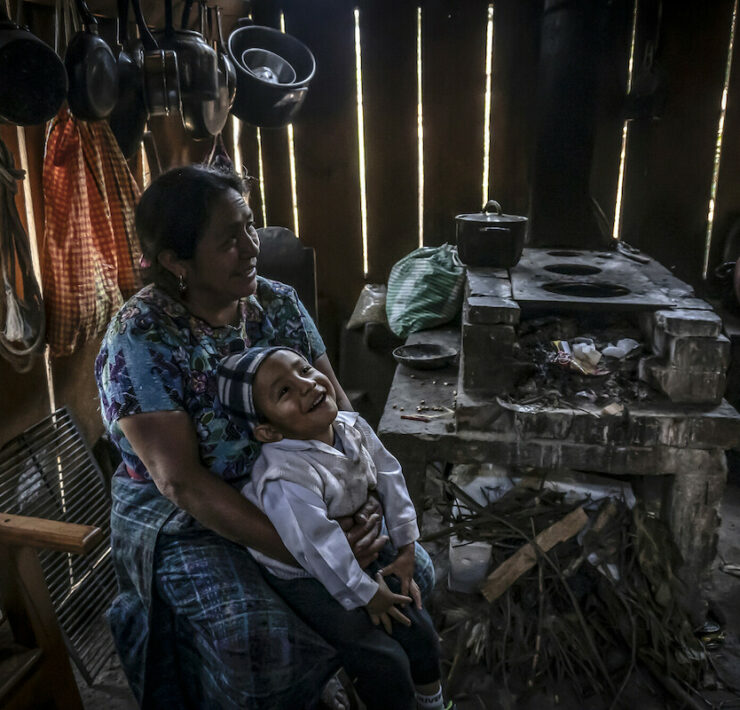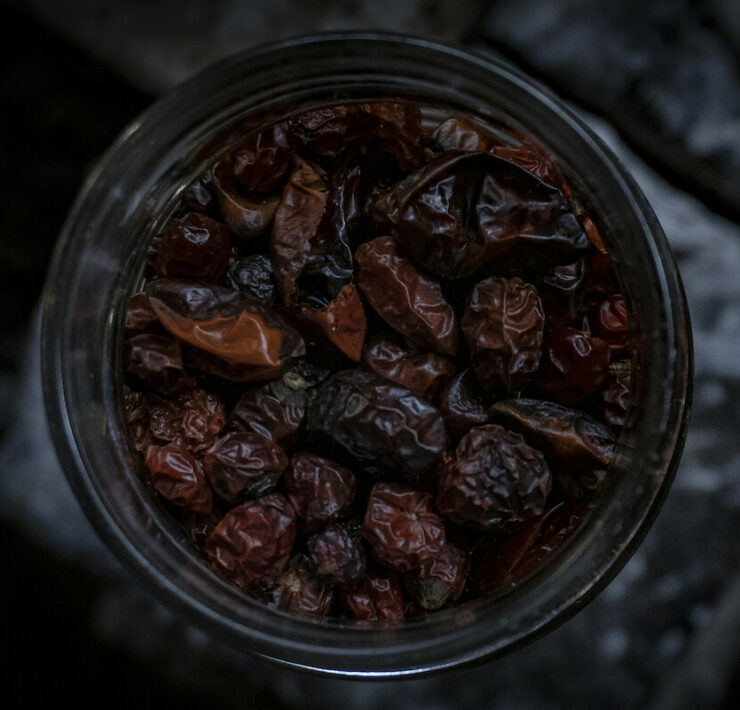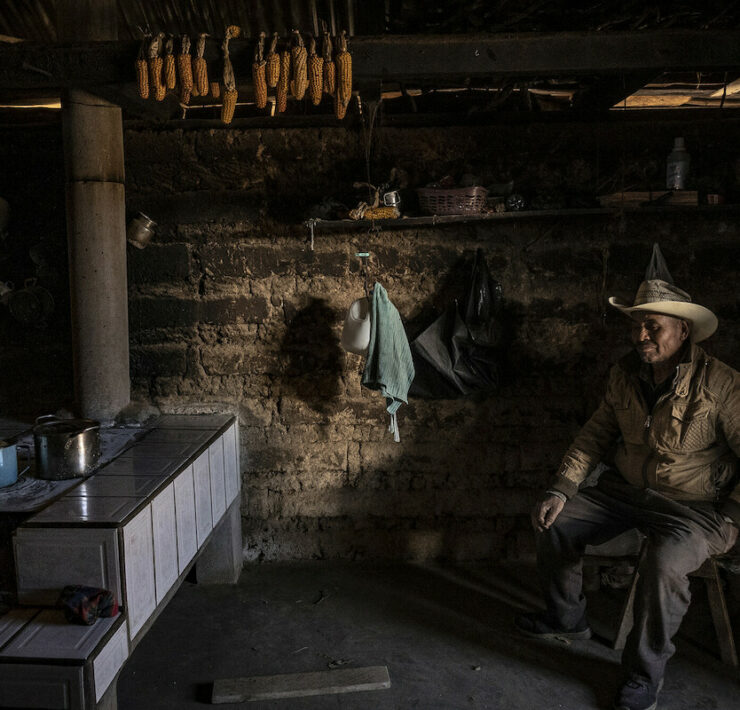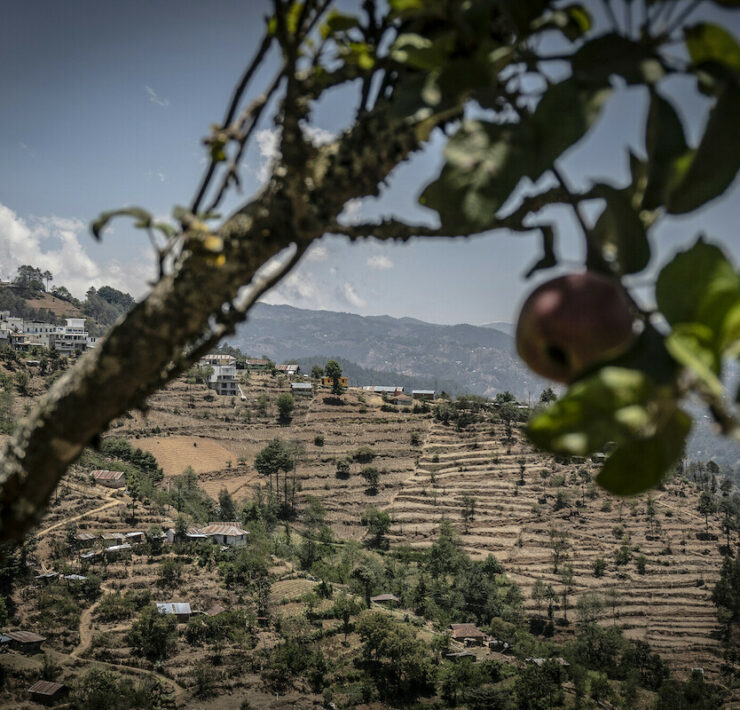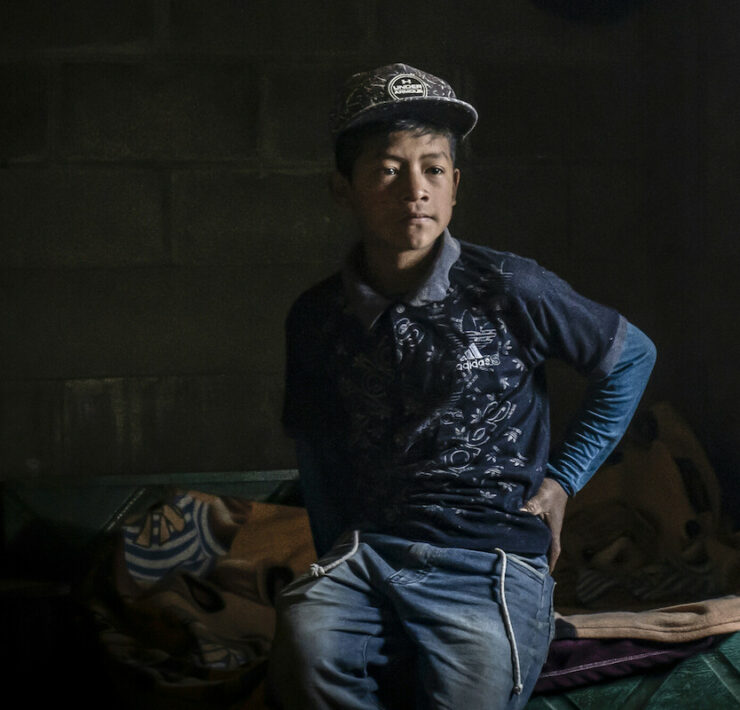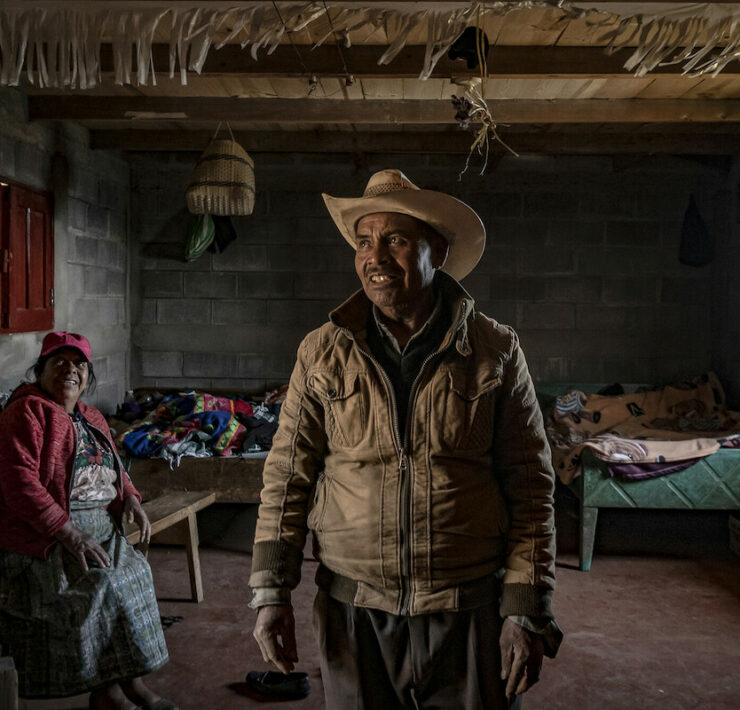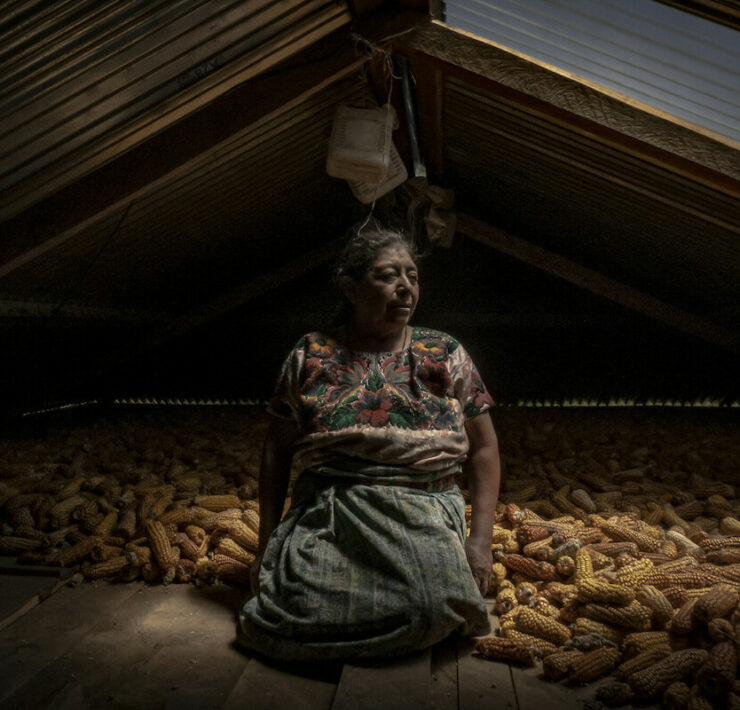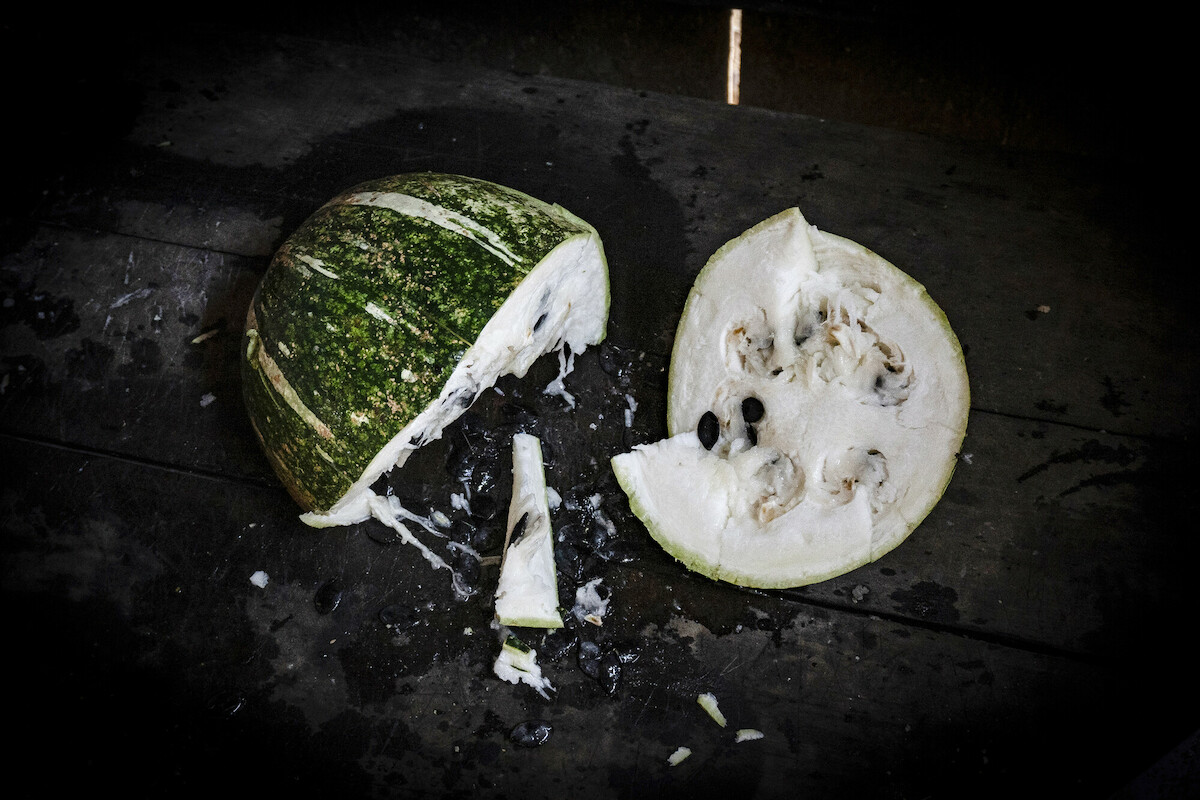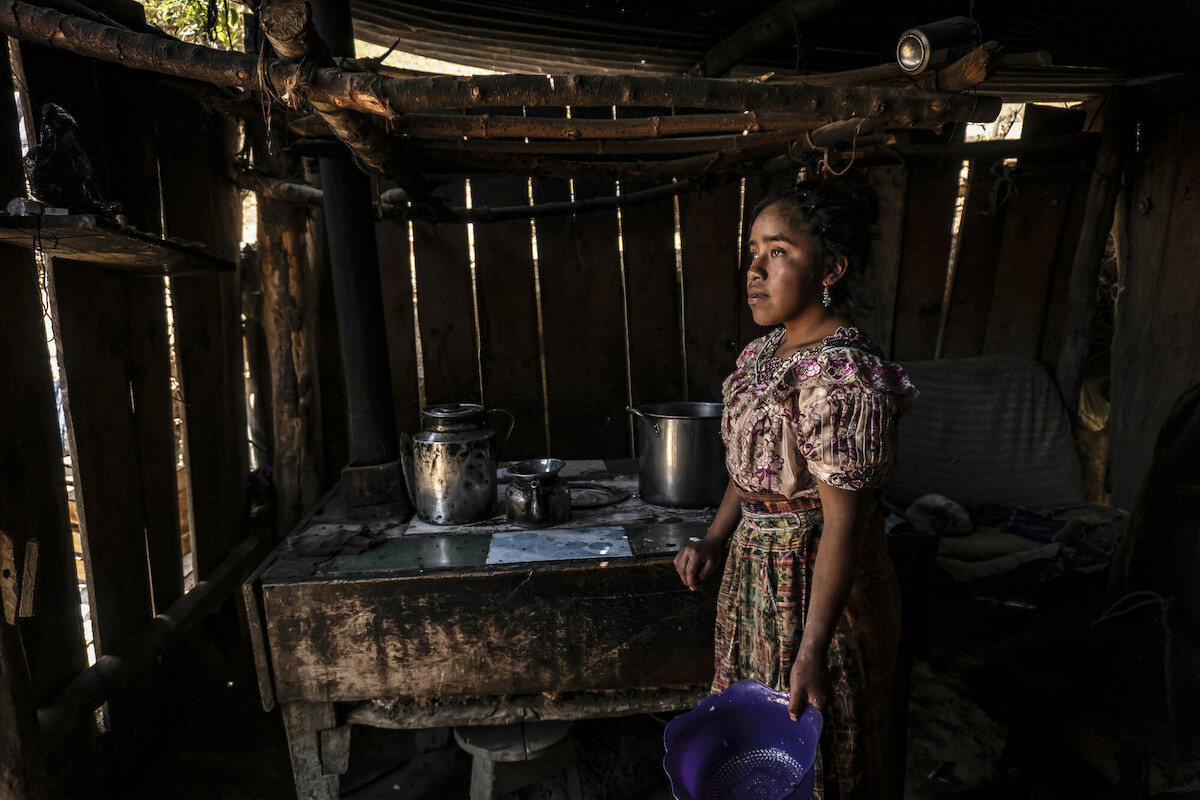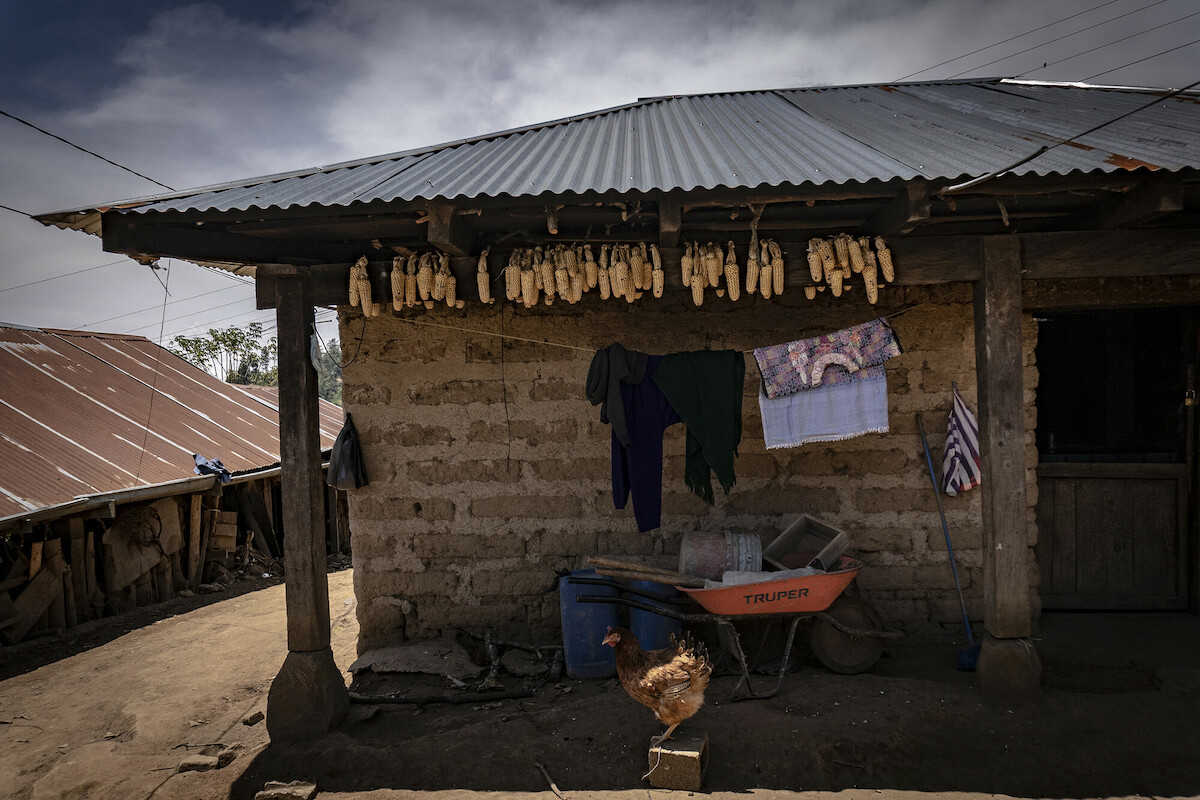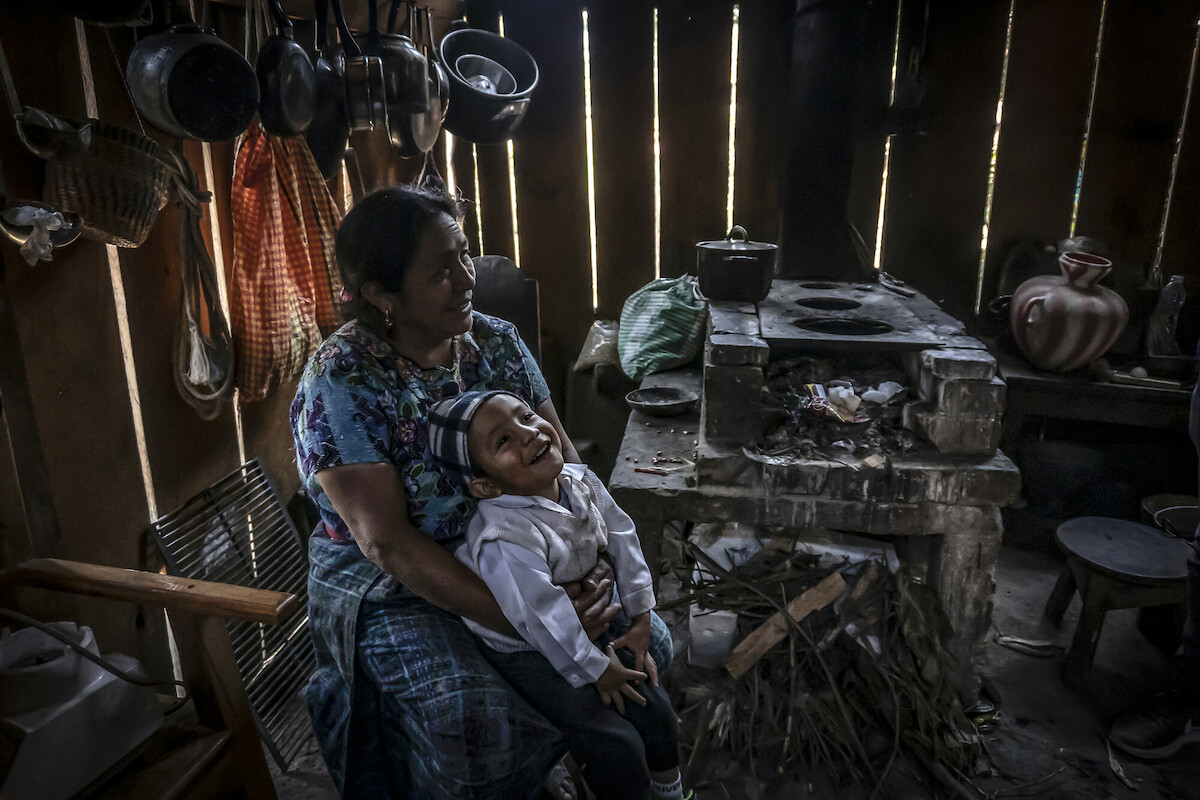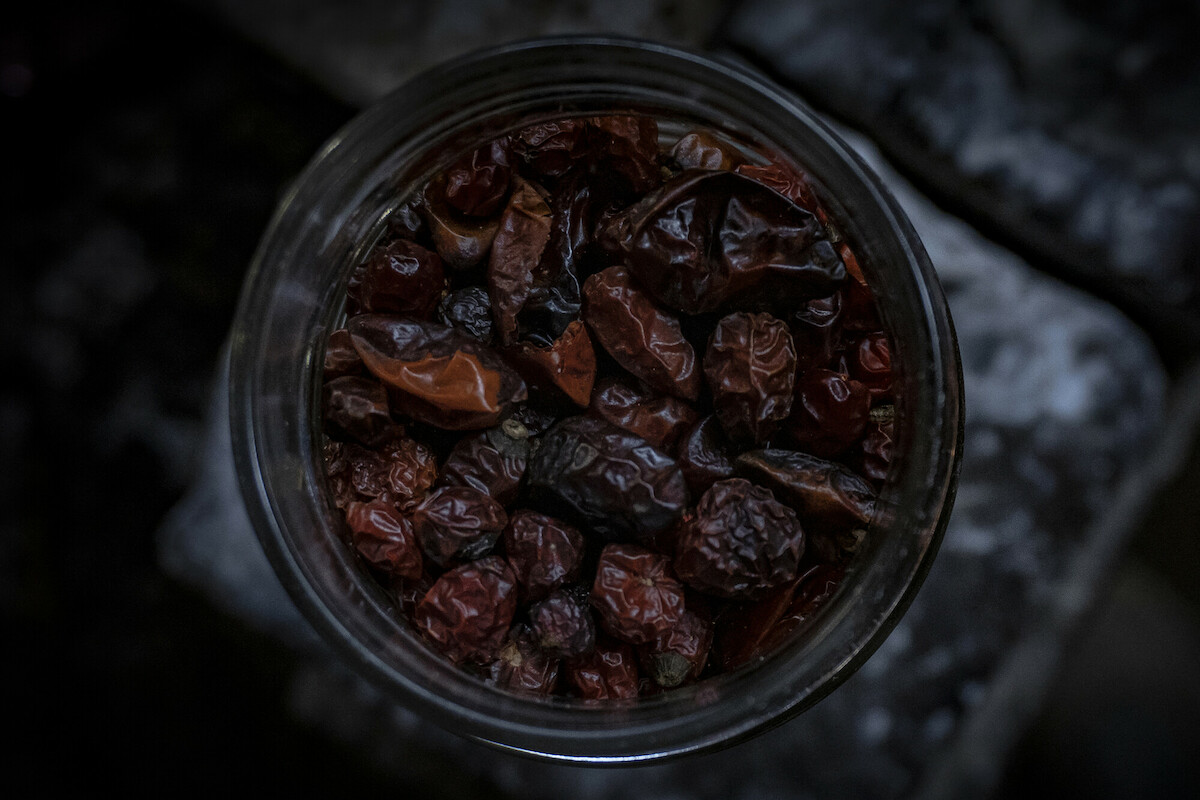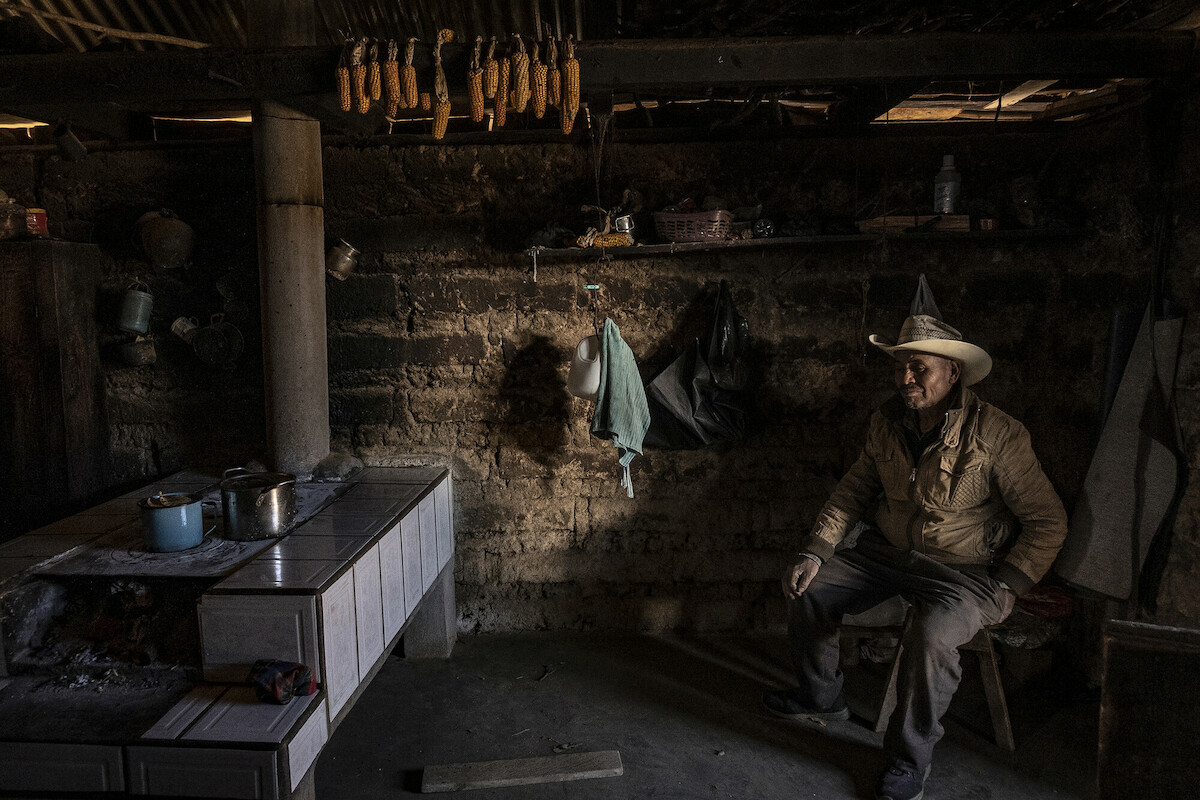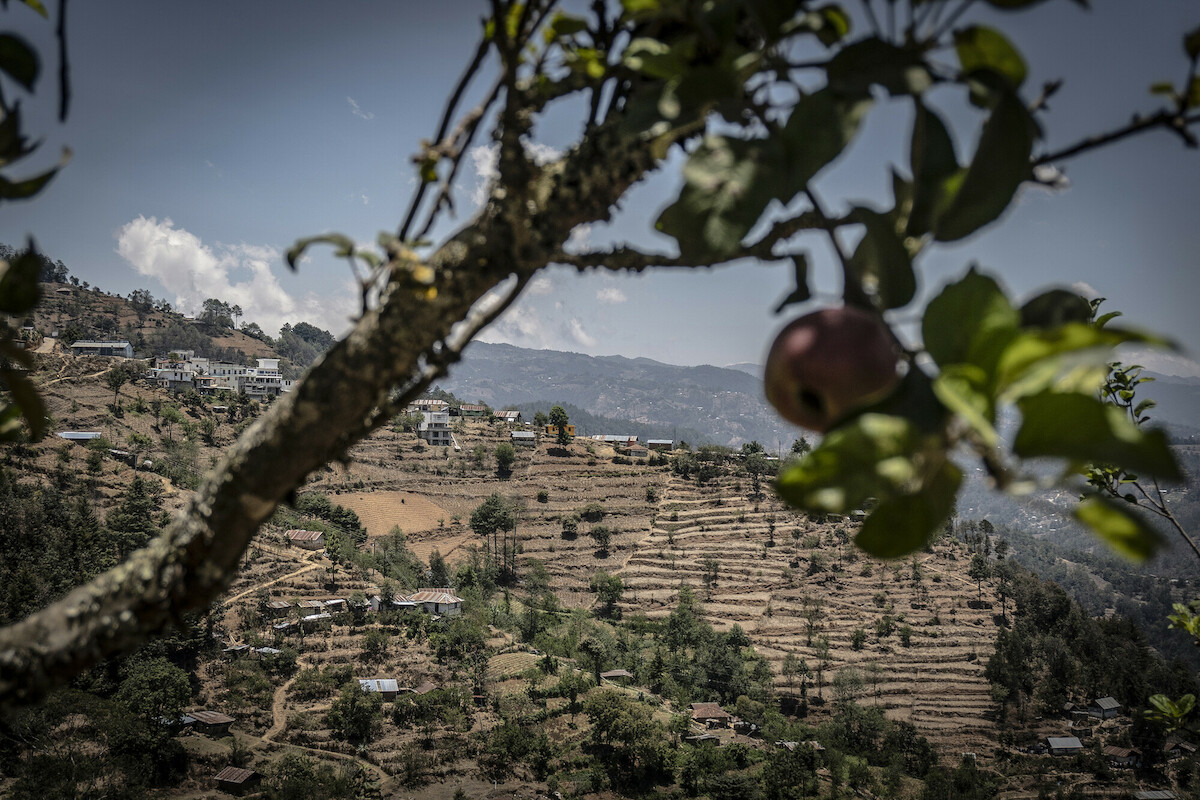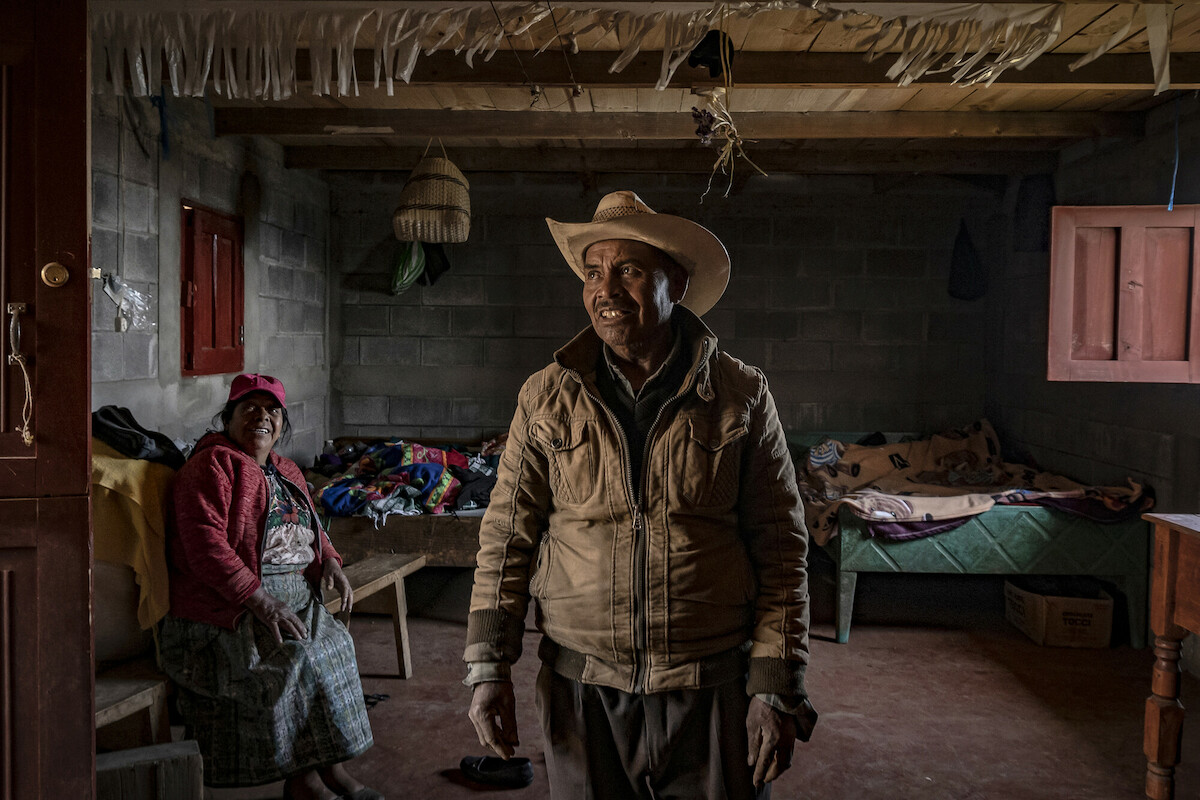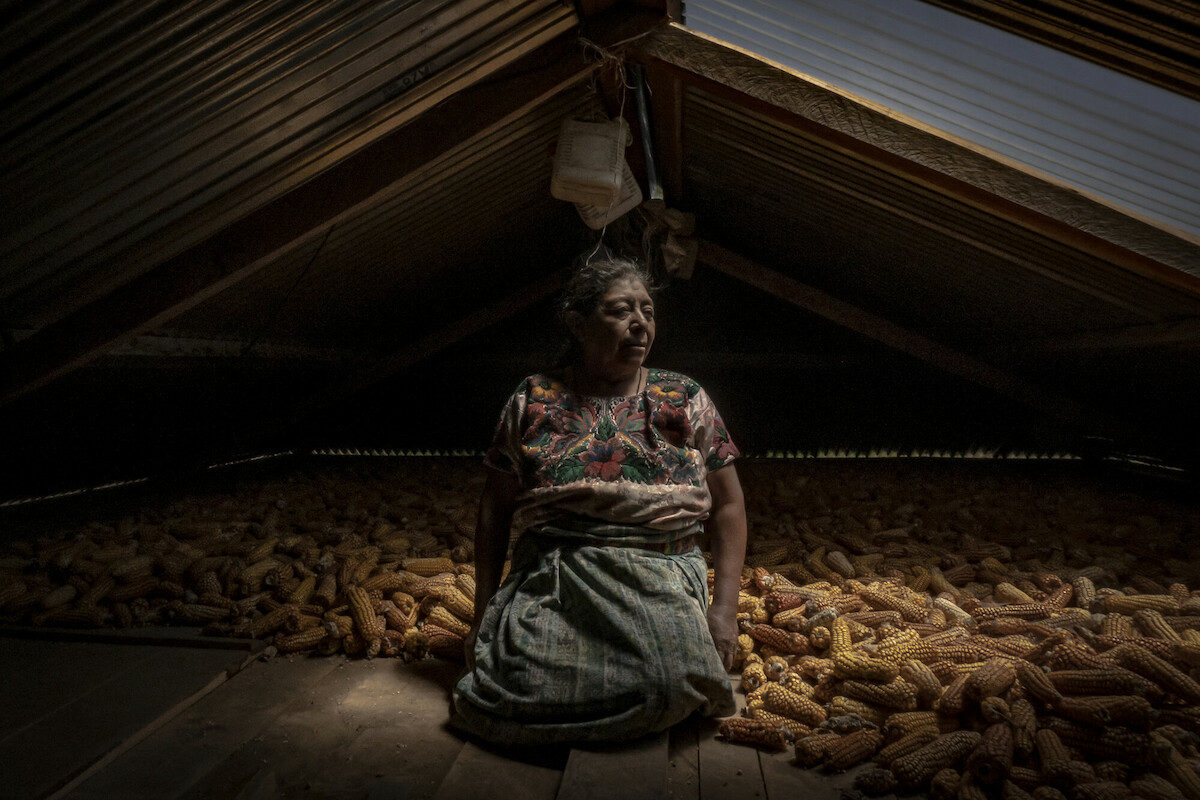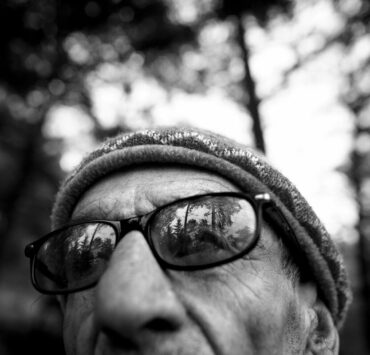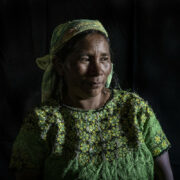
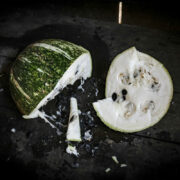
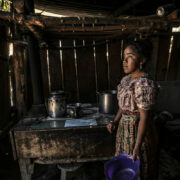
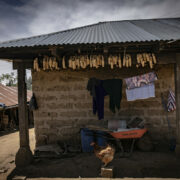 +8
+8 Nayeli Cruz: Sleeping with a hole in the soul
Guatemala is the country with the highest rate of chronic malnutrition in Latin America and the fourth in the world, according to figures from the World Bank. In this article, the photojournalist for the newspaper El País, Nayeli Cruz, delves into the privacy of the inhabitants of the rural community of Comitancillo to discover the people behind the statistics.
Grandmothers say that food delights the soul, but what happens when food is scarce and you live from day to day with a handful of corn and a few dried chili peppers?
The land of America is rich in natural products and seduces by its gastronomic diversity and unique flavors, however more than sixty million people live with hunger in the continent. In this scenario, thinking about the future is wondering if there will be food for the next day; the present is sleeping on an empty stomach.
Guatemala is the country with the highest rate of chronic malnutrition in Latin America and the fourth in the world, according to figures from the World Bank. Beans, rice, corn, chili peppers all in scant portions, it is the survival diet of many Guatemalans. The department of San Marcos is one of the areas most affected by hunger in this country and the World Food Program has warned that fifty percent of families do not have access to a balanced diet. Malnutrition hits the area’s indigenous population the hardest and more than half of the children live with malnutrition.
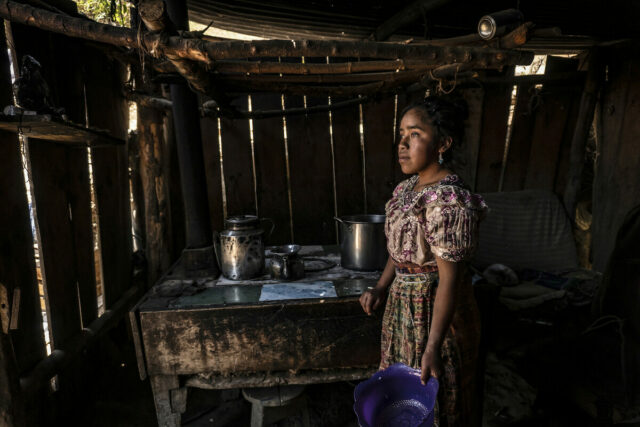

A few months ago I was able to visit some of these homes. Julieta Crisóstomo’s kitchen, 53, had only one jar of dried chili peppers that she would cook for the whole week and she had to reach for her little one-year-old grandson.
Julieta migrates to the capital every year to work and obtain some savings that allow her to survive, since most of her children have left the country looking for a better life. She moved me to meet Maria Leticia and her mother. They allowed us to accompany them while cooking but we couldn’t talk much as they barely understood my Spanish; their native language is Quiché. They ground chiles with corn seeds and water to obtain a red mass that is mixed with peas. That soup is accompanied with coffee and some tamales. They had their portions counted; however, they invited me to accompany them to the table and eat with them, they already had two more dishes ready. My partner and I refused, of course, and they parted warmly.
In 2009 the government declared a “state of public calamity” caused by the famine that hit the population and the situation has not improved since then. The pandemic has been another factor that has put many families at a disadvantage, who look to migration for an opportunity to give their loved ones a better life. In these arid mountains, sleeping hungry is the only certainty with which one lives.
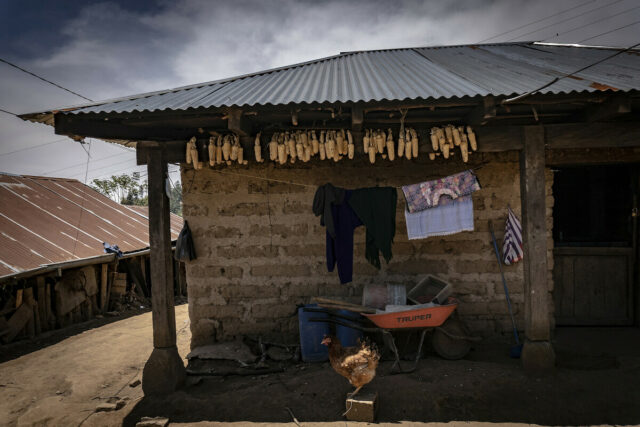
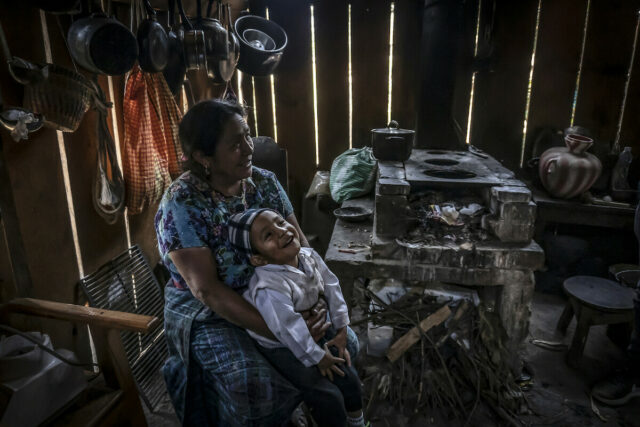
About the Nayeli Cruz:
She studied Psychology at the National Autonomous University of Mexico. She has participated in various collective exhibitions in Mexico. She was the second place winner in the Latin American contest “Fotógrafas LATAM” and she is part of the “LAF8 Latin American Photography” catalog of the North American Association of Illustration and Photography. She was the 3rd place winner in the “Caregiver” category of the POY LATAM 2021.
Her work has been exhibited in Colombia, Paris, Leipzig, and New York and has been published in various print and electronic media. She is currently part of the staff of the newspaper El País.
Gear:
Camera: Sony Alpha 7III
Optics: 16-50mm f/3.5 – 5-6, 24 – 240mm f/3.5 – 6.3
Website:

